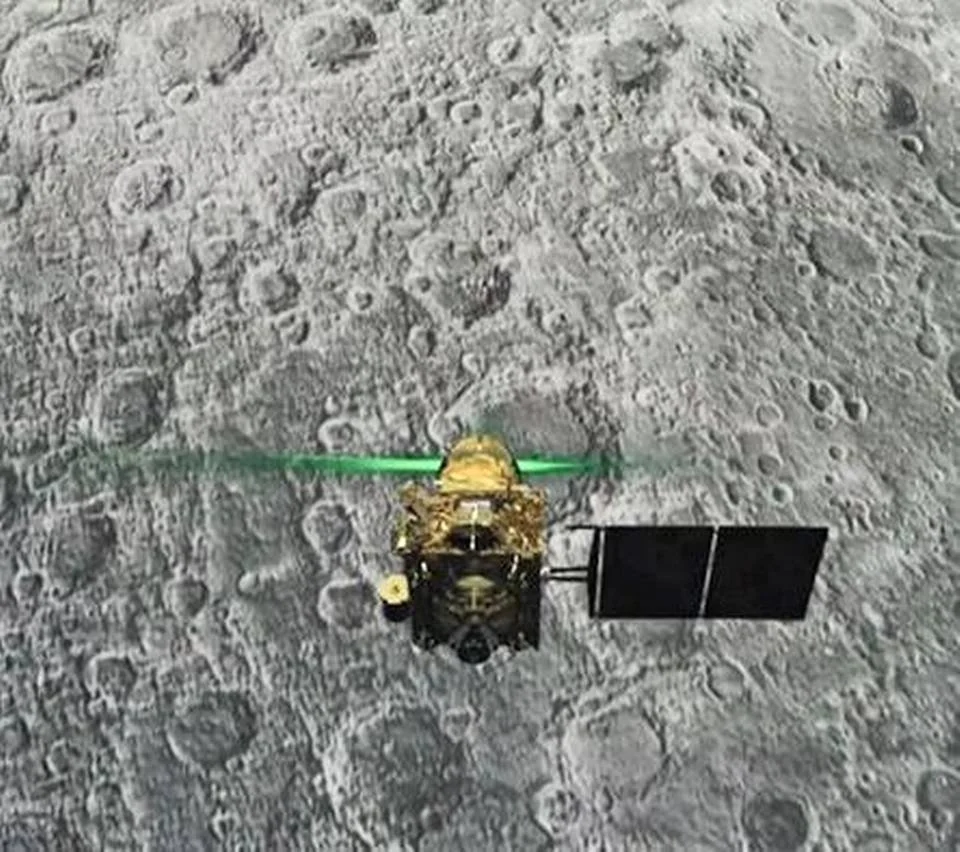Childhood exposure to fluoride through public tap water isn’t associated with any emotional or behavioural issues, nor any negative executive functioning in adolescent years, according to a new study from Australia. Researchers looked at more than 2,600 children in a longitudinal study that compared children who had spent their lives drinking fluoridated tap water with those who hadn’t, in order to see if exposure to fluoride in drinking water had any negative impacts.
David Rosenberg: How investors can navigate the global water crisis
With global water demand set to outstrip supply by 40 per cent by 2030, achieving the United Nations’ Sustainable Development Goal 6 (“ensure access to water and sanitation for all”) requires a call for urgent action to resolve the chronic supply-demand imbalance for freshwater resources, particularly as climate change, robust population growth and rising geopolitical tensions work against us in the fight for global water security.
At least 8 killed as major floods swamp Australia
Parts of Australia's third-most populous city Brisbane were under water Monday after heavy rain brought record flooding to some East Coast areas and killed eight people. The flooding in Brisbane and its surrounds is the worst since 2011 when the city of 2.6 million people was inundated by what was described as a once-in-a-century event. The latest fatality was a man in his 50s who drowned on Monday after driving his car into floodwater before dawn at Gold Coast city, south of Brisbane, Queensland state police said.
Australia is putting a rover on the Moon in 2024 to search for water
The ten-kilogram rover, measuring 60x60x50cm, will be launched on board the Hakuto lander made by ispace, a lunar robotic exploration company based in Japan. The rover itself, also built by ispace, will have an integrated robotic arm created by the private companies Stardust Technologies (based in Canada) and Australia’s EXPLOR Space Technology. Using cameras and sensors, the arm will collect high-resolution visual and haptic data to be sent back to the mission control centre at the University of Technology Sydney. It will also collect information on the physical and chemical composition of lunar dust, soil and rocks - specifically with a goal of finding water. We know water is present within the Moon’s soil, but we have yet to find a way to extract it for practical use. The big push now is to identify regions on the Moon where water sources are more abundant, and which can deliver more usable water for human consumption, sample processing, mining operations and food growth.
Dalhousie researchers able to detect COVID-19 in waste water sampling
Twenty-three-year-old PhD student Emalie Hayes is currently studying Civil Engineering at Dalhousie University. Last year, she created a COVID-19 testing device that can detect the virus through sewers. The COVID-19 sewer cage, called the Cosca, is made by a 3D printer out of plastic, which takes several hours to print, and is then assembled by hand, which takes less than a minute.






